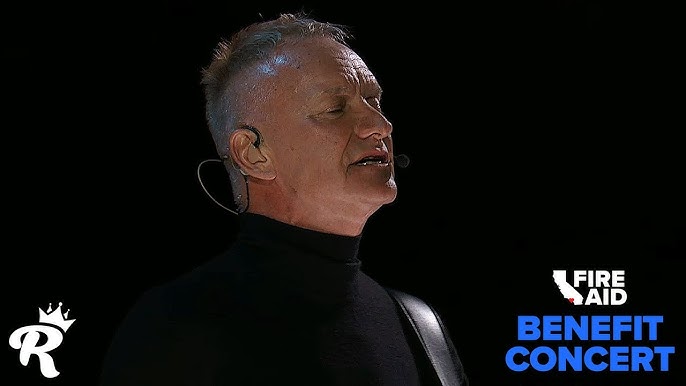Former members of The Police, Andy Summers and Stewart Copeland, are suing their old bandmate Sting over unpaid royalties worth millions of pounds, according to The Sun.
A source told the paper that the lawsuit had been building for a while. Lawyers tried to settle things privately but couldn’t reach an agreement, so Andy and Stewart decided to take the case to London’s High Court.
The two claim they’ve missed out on millions in royalties, especially from the band’s biggest hit, “Every Breath You Take.” Even though Summers and Copeland contributed to the band’s success, they reportedly never received royalties for the song.
This became a major issue when Puff Daddy sampled “Every Breath You Take” for his 1997 hit “I’ll Be Missing You.” Only Sting received royalties from the track, which still earns him thousands of dollars a day.
The lack of payments has caused growing frustration between the bandmates for decades, and the lawsuit marks the peak of those tensions.
The case also shines a light on a larger problem in the music industry — how royalties and songwriting credits are divided, especially when one band member is officially credited as the songwriter, even if others helped shape the music.
For longtime fans of The Police, the legal battle may not come as a complete surprise. The trio’s history has always been marked by equal parts brilliance and tension. At their peak in the late 1970s and early 1980s, they were the biggest band in the world, selling out stadiums on the back of albums like Regatta de Blanc, Zenyatta Mondatta, and Synchronicity. Yet behind the scenes, Sting, Stewart Copeland, and Andy Summers clashed repeatedly over creative control and songwriting credits.
The flashpoint has always been “Every Breath You Take,” released in 1983 on Synchronicity. Sting wrote the song alone, which meant that publishing and royalties flowed entirely to him. For Copeland and Summers, who helped arrange and perform one of the most iconic singles in rock history, the lack of compensation has been a sore subject for decades. When Puff Daddy turned the track into “I’ll Be Missing You” in 1997, it became one of the biggest-selling rap singles of all time. The fact that only Sting profited magnified the resentment.
Even their celebrated 2007–2008 reunion tour, which grossed over $360 million, didn’t erase old wounds. Both Copeland and Summers spoke candidly in interviews about the difficulty of working with Sting again, calling the tour at times “joyful” but also “torture.” Now, with the lawsuit moving forward in London’s High Court, those underlying issues have resurfaced with greater force.
Beyond the drama, the case underscores a broader debate in rock: should arrangement and performance contributions be compensated on par with songwriting? For bands like The Police, where chemistry defined the sound as much as the lyrics, that question feels especially urgent. The outcome could influence how legacy acts handle royalties for years to come.















